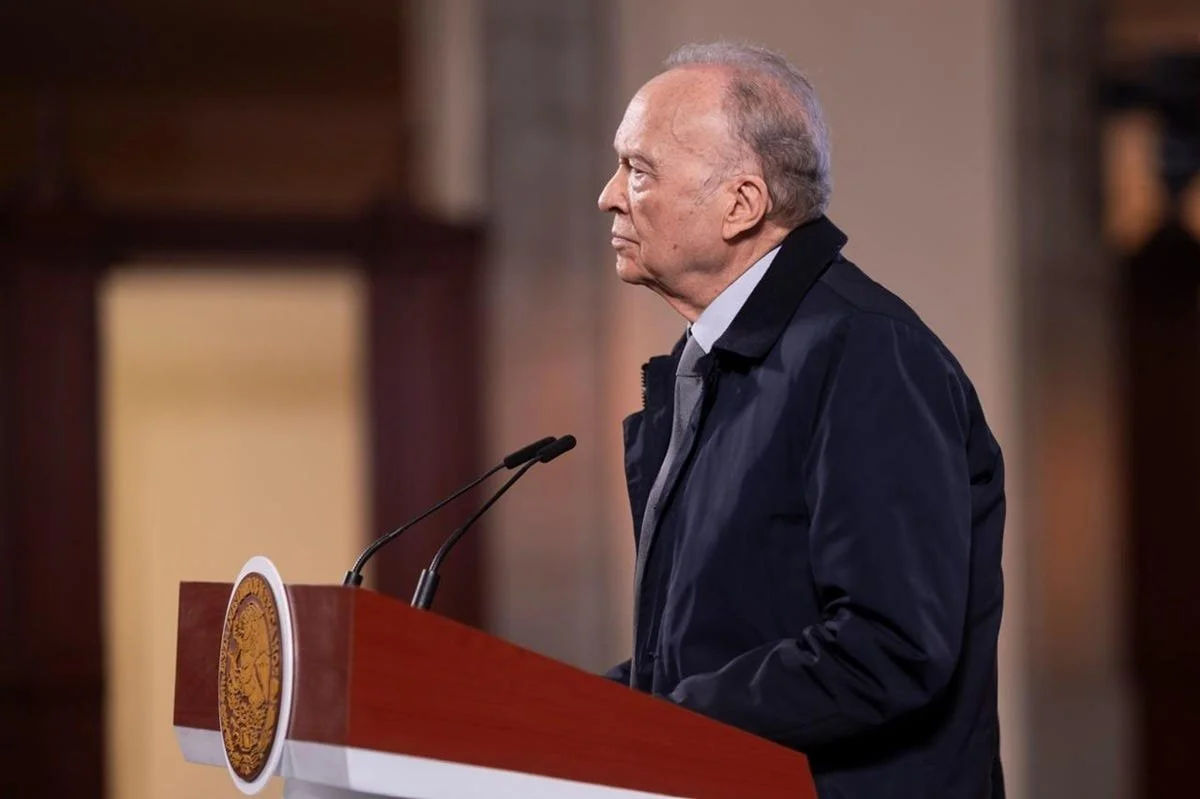The Izaguirre Ranch and the fallacy of judicial reform
by Eduardo García.
In the final years of his administration, former President Andrés Manuel López Obrador, frustrated by the Supreme Court's repeated rulings against his legislative reforms, escalated his attacks on the Judiciary.
Angered by decisions that blocked his efforts to militarize the National Guard, weaken electoral institutions, and roll back energy sector reforms, among other setbacks, he created a weekly segment in his morning press conferences dedicated to discrediting the courts. Without offering context for the rulings or allowing a right of reply, he publicly singled out dozens of judges, accusing them of improperly releasing alleged criminals or ruling against the interests of “the people.”
Less than a year after leaving office - and in light of the events at the Izaguirre Ranch in Jalisco - it is clear that, while the Mexican Judiciary is far from flawless, the failures López Obrador denounced stem from far deeper and more complex issues.
The recent mistakes cited by Attorney General Alejandro Gertz Manero regarding how state prosecutors handled the Izaguirre Ranch - where, according to preliminary investigations, the Jalisco New Generation Cartel (CJNG) recruited and trained hitmen - undermine the narrative that judges are primarily responsible for the failures in Mexico's justice system.
At a press conference, Gertz listed a series of missteps by local authorities, making it clear that the alleged impunity that so infuriated López Obrador may have had more to do with failures within the Executive Branch than with judicial rulings.
At the Izaguirre Ranch, Gertz explained, "The collection of evidence and tracing of key indicators was not conducted... The proper registration and identification of items found—especially abandoned clothing and footwear—was neglected. The seized vehicles were not properly processed... The Attorney General's Office was not immediately notified of crimes related to possession of high-caliber firearms and organized crime. A full and thorough inspection of the site was not carried out. No immediate effort was made to identify fingerprints."
This litany of irregularities, along with Gertz's broader criticism of poor professionalism and protocol violations in criminal investigations, completely dismantles López Obrador's central justification for the judicial reform he pushed through at the end of his term - with the support of then-President-elect Claudia Sheinbaum. The real problem with the approved changes, now set to take effect, is that rather than improving the justice system, they are likely to make it worse. Not only do they fail to address the root causes of judicial dysfunction in Mexico, but they also threaten to degrade the quality of judges. Moving forward, judges will be elected by popular vote, making them more dependent on political parties - especially the ruling party - than on their professional qualifications. As of today, that party is the National Regeneration Movement (Morena), along with its allies, the Labor Party (PT) and the Green Party (PVEM).
If judges' careers depend on elections and political backing, they are more likely to rule based on political interests rather than on legal principles. No matter how much Sheinbaum presents the reform as a democratic advancement for the people, in practice, it will erode judicial independence, weaken the rule of law, and undermine the separation of powers - foundations on which Mexico's still-fragile democracy supposedly remains.
Mexico's justice system already suffers from deficiencies and corruption, and now it will face an added political-electoral layer that will make it even less effective. This will further erode the country's institutional strength, making it more unstable as citizens, businesses, and organizations find themselves with fewer safeguards against abuses of power.
The Izaguirre Ranch case also exposed serious shortcomings within the Attorney General's Office itself. Gertz Manero made a major blunder by inviting journalists to visit the site during his press conference. Experts were baffled that the Attorney General showed no concern for preserving the crime scene's integrity. Instead, he sought authorization for the media to enter a location where homicides may have been committed. The site had already been compromised when Jalisco authorities allowed members of the Guerreros Buscadores de Jalisco, a collective searching for missing persons, to enter. Even so, Gertz should not have permitted yet another violation of the crime scene.
“I'm going to ask… that tomorrow, the state prosecutor's office—along with our office—open those facilities to the media, and anyone who wants to go can go,” Gertz said.
The Attorney General also became embroiled in an unnecessary dispute with Jalisco's prosecutor's office over who would accompany the journalists. While state authorities claimed that Gertz himself would attend, he later insisted he had never said he would go - only that members of his office would. In the end, no one from his team showed up.
Beyond the confusion and lack of coordination between authorities, this episode highlights a deeper issue within Mexico's justice system: the structural weakness of all institutions responsible for enforcing the law - not just the judges. The mismanagement by local prosecutors in the Izaguirre case proves that justice depends not only on the courts but also on police, prosecutors, and attorneys, whose actions shape legal proceedings.
The Izaguirre case not only debunks the premise on which López Obrador's judicial reform was built, but it also reveals a far more troubling reality: Mexico's justice system does not fail because of supposedly corrupt judges alone. It fails due to an entrenched pattern of incompetence and negligence that begins with the very authorities tasked with investigating and prosecuting crimes.
Replacing a professional judicial system with popular elections will do little to fix these systemic deficiencies. On the contrary, it introduces a new risk - deepening the politicization of Mexico's courts. Without a justice system that is efficient and professional, impunity will persist, regardless of who sits on the bench. The solution was never to weaken the Judiciary, but to strengthen it - alongside much-needed reforms to professionalize prosecutors, improve criminal investigations, and ensure that cases are built on solid legal foundations.


